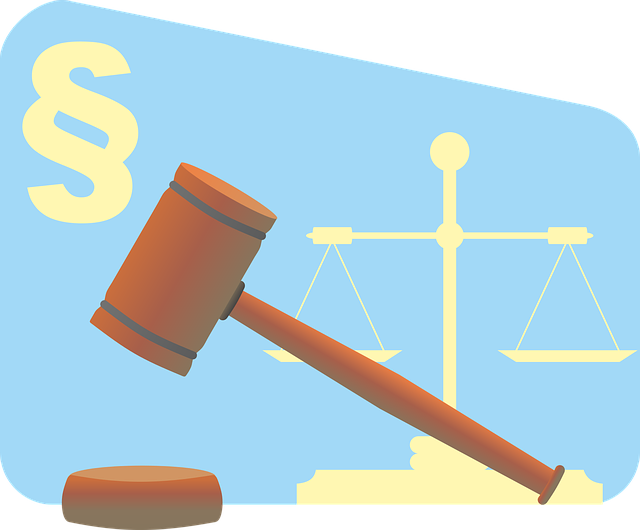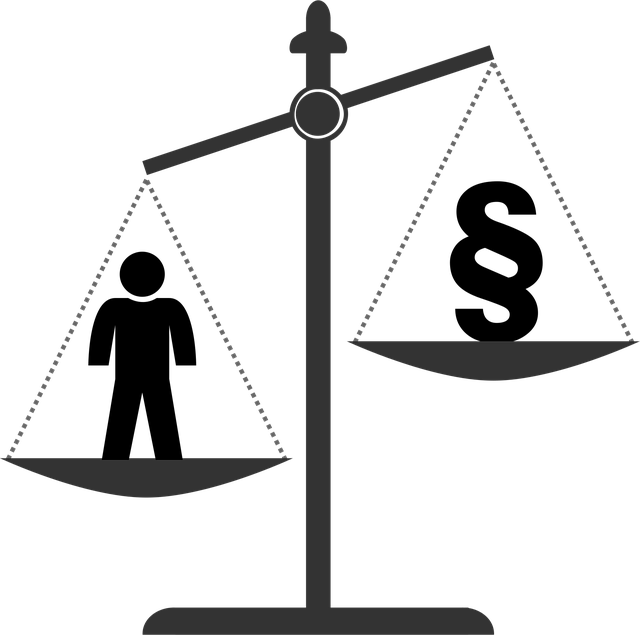RF Regulatory Agencies hold significant power in investigating and enforcing RF technologies, with jurisdiction over offenses ranging from safety standards to spectrum interference. When facing felony charges, understanding their role in plea bargaining is crucial. Strategic defense strategies, balanced with RF regulatory knowledge, are vital for favorable outcomes. Navigating these bargains can reduce charges, mitigate sentences, or avoid jail time, impacting both legal and business consequences. Accepting responsibility may lead to alternative resolutions, minimizing disruptions to operations.
“RF Regulatory Agency Investigations delve into compliance issues related to radio frequency technologies. This comprehensive guide explores the jurisdiction of these agencies, the initiation of investigations, and strategic defense approaches, particularly navigating plea bargains in felony cases. Understanding the grounds for investigation and legal implications is crucial for all stakeholders. From initial violation detection to post-bargain consequences, this article provides insights into managing RF regulatory challenges, offering valuable strategies for defense attorneys.”
- Understanding RF Regulatory Agency Jurisdiction
- Initiating an Investigation: Grounds and Procedures
- Plea Bargains: Strategies for Defense Attorneys
- Navigating Legal Implications of Felony Charges
- Post-Bargain Consequences for Violators
Understanding RF Regulatory Agency Jurisdiction
RF Regulatory Agencies possess a broad jurisdiction when it comes to investigating and enforcing rules related to radio frequency (RF) technologies. This includes everything from ensuring wireless communication devices comply with safety standards to preventing unauthorized access and interference in RF spectrums. Understanding this jurisdiction is crucial for individuals and entities navigating all stages of the investigative and enforcement process, especially when facing potential charges.
In dealing with RF-related offenses, which can range from white collar and economic crimes to more serious felony cases, it’s important to recognize that regulatory agencies often collaborate with law enforcement. This collaboration may lead to plea bargains, where individuals or companies agree to plead guilty to lesser charges in exchange for reduced penalties. Such agreements require a deep understanding of both the RF regulations and general criminal defense strategies.
Initiating an Investigation: Grounds and Procedures
When an RF Regulatory Agency suspects a violation of radio frequency (RF) standards or regulations, they have the authority to initiate an investigation. This process involves careful navigation through various legal and procedural steps. The agency will first assess the potential severity of the infraction, considering factors such as the nature of the violation, its impact on public safety, and any prior history of non-compliance by the entity under scrutiny. Depending on these circumstances, they may opt to serve a warning or take more stringent action, including the filing of formal charges.
Investigations can be complex, especially in felony cases where navigating plea bargains plays a significant role. The agency must gather substantial evidence, often involving technical analyses and expert opinions, to support their case. For his clients, a skilled attorney specializing in RF regulatory law is invaluable. They guide individuals or companies through all stages of the investigative and enforcement process, aiming for winning challenging defense verdicts. This strategic approach ensures that rights are protected while navigating the intricate legal landscape surrounding RF regulations.
Plea Bargains: Strategies for Defense Attorneys
Navigating plea bargains in felony cases is a delicate dance for general criminal defense attorneys. Plea agreements offer a strategic alternative to trial, allowing defendants to avoid the high-stakes risks and uncertainties associated with litigation. For defense attorneys, understanding the nuances of plea bargaining is crucial for securing the best possible outcome for their clients.
Effective strategies involve careful assessment of the evidence, evaluation of potential sentences, and exploration of alternative resolutions. By considering the respective business interests of both the prosecution and defense, attorneys can position themselves to negotiate favorable terms. This may include reduced charges, mitigated sentences, or even plea agreements that spare their clients from jail time entirely, depending on the specifics of each case.
Navigating Legal Implications of Felony Charges
Navigating the legal complexities of felony charges is a daunting task for anyone, but especially for those in regulated industries. When RF Regulatory Agency (RFRA) investigations lead to felony accusations, individuals and companies must possess a robust strategy to protect their rights and mitigate potential consequences. One crucial aspect of this process involves understanding plea bargains.
Plea bargains play a significant role in the criminal justice system, offering defendants an opportunity to avoid trial and its associated risks. In the context of white-collar crime or general criminal defense, a well-crafted plea agreement can lead to reduced charges or even dismissal. However, it’s essential to approach this strategy judiciously, ensuring that any negotiated deal aligns with the client’s best interests while considering the unique circumstances of each RFRA investigation.
Post-Bargain Consequences for Violators
When individuals or businesses face RF Regulatory Agency investigations, one critical aspect to consider is the potential consequences following a plea bargain in felony cases. Navigating plea bargains in such situations requires careful strategic planning. After a guilty plea, violators can expect significant penalties, including substantial fines and imprisonment. These outcomes are designed to serve as strong deterrents for future non-compliance.
The impact extends beyond legal sanctions. A conviction can also lead to damage to one’s reputation, hindering future business opportunities. This is particularly true in highly regulated industries where maintaining a clean record is essential. However, by accepting responsibility and cooperating with the regulatory agency, violators might be able to achieve extraordinary results, such as mitigated sentences or alternative resolutions that allow them to continue operating their respective businesses without severe disruptions.
RF Regulatory Agency investigations can have significant impacts on individuals and businesses, especially with potential felony charges. Understanding the jurisdiction of these agencies and the procedures for initiating an investigation is crucial. For defense attorneys, navigating plea bargains in felony cases requires strategic planning to mitigate consequences. This article has provided insights into these aspects, offering a roadmap for those facing such challenges. Remember that, in terms of legal implications, knowledge is power, and being prepared can make all the difference.






